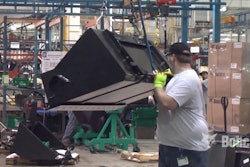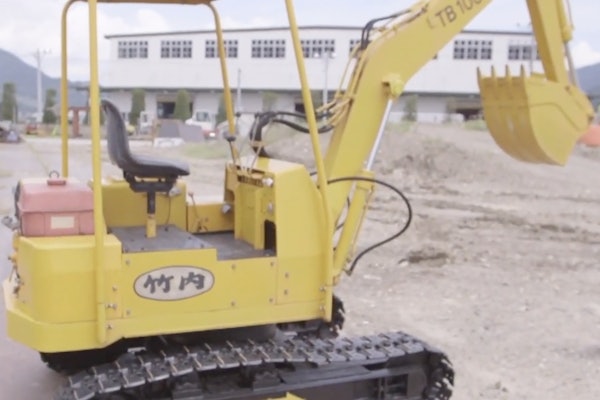
Because turnover in the construction industry is such a problem, I’m always interested to see what strategies contractors use to recruit and retain. However, I was reading a blog yesterday that made me think of the flip side of things … if your company isn’t as successful as you’d like, how do you shake up the mix to improve your situation?
Although struggling owners can generally point directly to financials, how often do they explore the underlying reasons and ask, “Why?” There’s a mountain of evidence that traces it directly back to personnel, and if you’re hiring people just like yourself, they may have the same limitations you have.
The answer? Diversity.
Sure, it’s terribly uncomfortable hiring someone you don’t understand, you don’t necessarily agree with and you may not even like all that much. However, you’re the boss, and you have to have the ability to put all that aside and judge your employees not based on their personalities, but what they bring to the table.
By hiring someone who doesn’t think or act as you do, you increase not only your firm’s productivity, but also boost creativity. Do you have a problem you can’t solve? Sometimes, the last person you’d ask is the one who has the answer that will best give you a competitive edge.
Of course, there will be challenges in bringing people into your firm who see things in a fundamentally different way than you. They will have different sets of priorities and values, and you may feel as if you’re losing control. However, if you’re able to see the benefits, you’ll be more ready to accept the challenges.
If it doesn’t seem worth the headache, think about this: Businesses that fail to diversify their personnel are at risk for falling prey to groupthink. If you see your team rationalizing poor decisions, failing to notice vulnerabilities and refusing to move forward, you may already be entrenched in a culture that discourages criticism, and therefore, stagnates.
Once stagnation sets in, it’s virtually impossible to throw off the old ways of doing business. Do you want to move forward, or are you content to be left behind?










